The Power of Peer-to-Peer Learning: Collaborative Approaches in Education
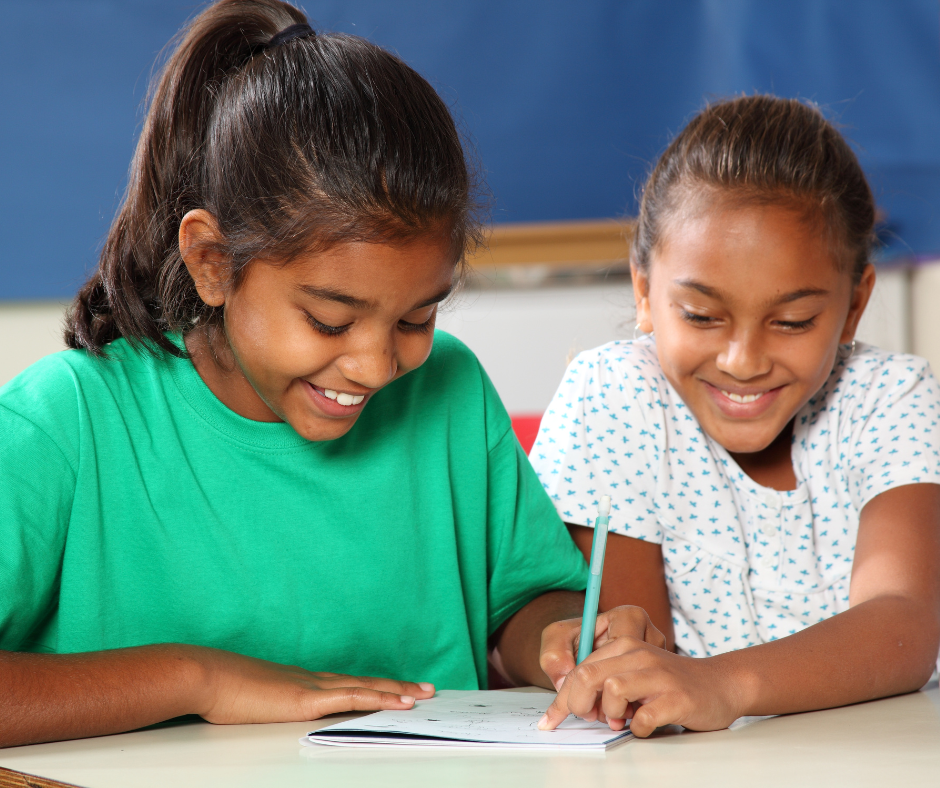
The Power of Peer-to-Peer Learning Collaborative Approaches in Education
Harnessing the Power of Collaboration: The Role of Peer-to-Peer Learning
In the realm of education, the traditional model of a teacher delivering knowledge to passive students is gradually evolving. Educators are recognizing the immense power of peer-to-peer learning, where students actively engage with their peers to exchange ideas, solve problems, and construct knowledge together. By fostering collaborative approaches in education, we can tap into the collective wisdom and diverse perspectives of students, creating an enriching and dynamic learning environment. In this article, we will explore the power of peer-to-peer learning and the transformative impact it has on students’ academic, social, and personal development.
Why Peer-to-Peer Learning Matters: Learning from Each Other
Peer-to-peer learning matters because it acknowledges that students are not just recipients of knowledge but active participants in their own learning journey. By engaging in collaborative activities, students have the opportunity to learn from each other, share their unique perspectives, and collectively construct knowledge. This interactive and student-centered approach empowers learners, promotes critical thinking, and enhances their overall learning experience.
Building a Supportive Learning Community: Collaboration and Connection
Peer-to-peer learning creates a supportive learning community where students feel connected, valued, and engaged. Through collaborative projects, group discussions, and peer feedback, students develop meaningful relationships, enhance their communication skills, and foster a sense of belonging. This supportive environment encourages active participation, fosters creativity, and nurtures a growth mindset among learners.
Enhancing Critical Thinking and Problem-Solving Skills: Collective Intelligence
Collaborative approaches in education enhance critical thinking and problem-solving skills. By working together on complex tasks, students are exposed to diverse perspectives and alternative solutions. This exposure stimulates their critical thinking abilities, challenges their assumptions, and encourages them to analyze problems from multiple angles. Collaborative learning also fosters effective problem-solving skills as students pool their collective knowledge, brainstorm ideas, and collectively find innovative solutions.
Developing Communication and Collaboration Skills: Learning Beyond Content
Peer-to-peer learning goes beyond content knowledge and develops essential communication and collaboration skills. Through group activities, students learn to express their ideas clearly, actively listen to others, and respectfully contribute to discussions. They develop negotiation skills, learn how to work in teams, and appreciate the value of diverse viewpoints. These skills are transferable and invaluable, equipping students for success in future academic, professional, and personal endeavors.
Cultivating Empathy and Social Skills: Understanding and Respect
Collaborative learning nurtures empathy and social skills among students. By working closely with their peers, students gain a deeper understanding of others’ perspectives, learn to appreciate diversity, and develop empathy. They learn to navigate disagreements, resolve conflicts, and practice respectful communication. These social skills are essential for building positive relationships, fostering inclusive communities, and promoting social harmony.
Unlocking the Potential of Collaborative Learning
Peer-to-peer learning harnesses the collective wisdom, diverse perspectives, and collaborative spirit of students. By embracing collaborative approaches in education, we unlock the potential for transformative learning experiences. Through collaboration, students develop critical thinking skills, enhance their problem-solving abilities, cultivate effective communication and collaboration skills, and foster empathy and social awareness.
As educators, let us create opportunities for collaborative learning, fostering an environment where students can actively engage with their peers, learn from each other, and collectively shape their educational journey. Together, we can unlock the power of peer-to-peer learning and empower students to become lifelong learners, critical thinkers, and compassionate individuals.
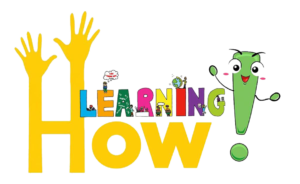
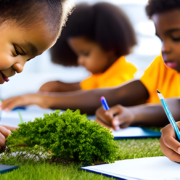
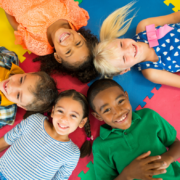 The Need for Diverse Learning Experiences
The Need for Diverse Learning Experiences 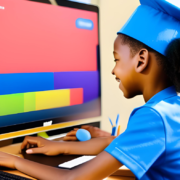
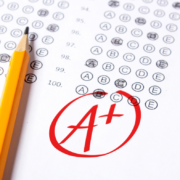
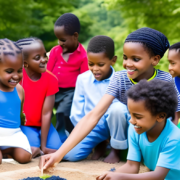
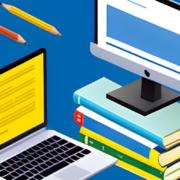
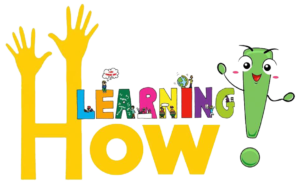


Leave a Reply
Want to join the discussion?Feel free to contribute!